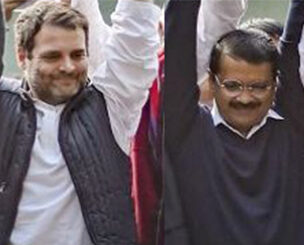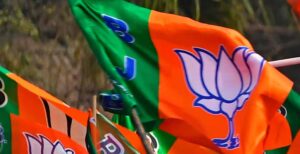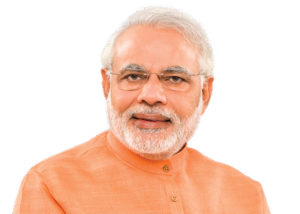The AAP-Congress alliance may seem good, but it could confuse voters

The alliance between AAP and Congress may appear favorable in terms of optics, however, it has the potential to create confusion among voters
The AAP-Congress alliance may appear beneficial, but it has the potential to create confusion among voters
Supporters of the I.N.D.I.A bloc have had a positive week, following a series of setbacks in West Bengal, Punjab, and Bihar. Last week, the Congress finalized a seat-sharing agreement with the Aam Aadmi Party (AAP) in five states/Union Territories, covering 46 seats, after sealing a deal with the Samajwadi Party (SP) in Uttar Pradesh. The Congress, which had lost its governments in Delhi and Punjab to the AAP, has now joined forces with Arvind Kejriwal’s party to present a united front against the BJP in the 2024 Lok Sabha election.
Initially, hopes of an AAP-INC alliance in Delhi were dashed when the two parties decided to contest separately in Punjab. However, credit must be given to the leadership of both parties for successfully navigating through tough seat-sharing negotiations.
The Congress has demonstrated a more generous approach, a quality that many analysts have criticized it for lacking in recent months. In Delhi, it has agreed to take only three seats, even though it had a higher vote share in the 2019 general election. In Haryana, the party has relinquished one seat to the AAP, despite its limited presence there, and in Gujarat, it has given up two seats. The AAP had an impressive debut in Gujarat during the 2022 assembly elections, securing a 13% vote share and contributing to the BJP’s historic victory of over 150 seats.
Nevertheless, in Goa, the AAP will back the Congress party despite its considerable presence. This scenario is replicated in Chandigarh, where the AAP currently holds the position of Mayor.
However, the agreement has encountered resistance from the Congress’s regional leadership in various states. In Delhi, the party’s representation has dwindled to nearly zero seats following the AAP’s emergence, and its vote share has declined by approximately 35% since 2008. The AAP’s substantial share of over 50% primarily comprises the Congress’s 70% and other parties’ 30% votes.








